An introduction to the Transpacific Literary Project’s pieces of Plastic through a weaving of voices and questions to come
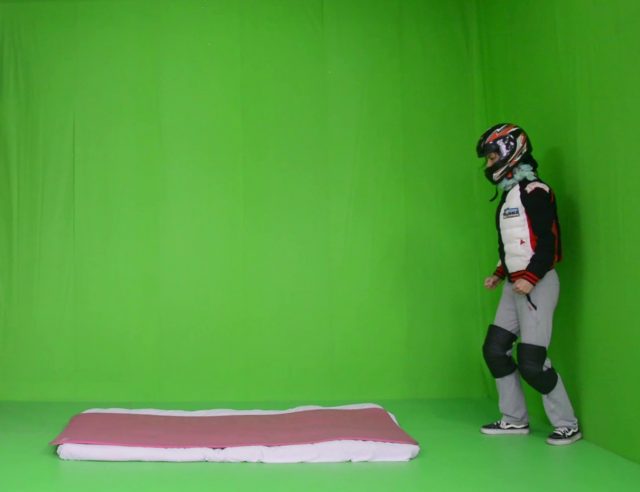
October 25, 2018
Months ago, the Transpacific Literary Project released a call into the world in search of “jettisoned histories of disregard”—the transience and durability embodied in plastic. And like the “material otherness” adrift in immortal sea, the pieces of this Plastic folio have been a long time floating to shore.
I want to imagine the writing gathered here as encounters with debris accumulating along a vast shoreline. While walking from here to there along some edge of sea, the abandoned out-of-place things attract those who cannot stop caring. I walk along and pick up things, with a stranger’s curiosity for this “forgotten, but not dead, waste.”
What is this, “is it odor or fragrance?” (Sawako Nakayasu) and who made it, “polishing poetry between machines” (Zheng Xiaoqiong/Eleanor Goodman), “continuously for twelve hours” (Xie Xiangnan/Eleanor Goodman)? Who used it, reused it, who tossed it down “the 21st century’s low slope of prosperity” (Zheng Xiaoqiong/Eleanor Goodman)? Which waters first embraced it and which carried it here? How long has the sea been kneading this thing into the earth and is it “natural” yet?
Shoreline debris, and the pieces of this Plastic folio to meet here, invite an asking into the nature of a thing: its origin, “A womb so supple and so alien” (Divya Victor) “she places her placenta in a Ziploc” (Craig Santos Perez), and its place: “I have never
to La Ciotat
nor been Pusan nor
nor Singapore, nor Dong
bei nor Berkeley
nor Ulaanbaatar
Never” (Tse Hao Guang)
Its nonliving lifespan far surpassing mine, “it encounters nonstop time” (Zheng Xiaoqiong/Eleanor Goodman), “its stench forever permeating” (Nay Saysourinho). I ask, does one’s deathless refusal to disintegrate necessitate one’s displacement?
The unnatural in nature, like the inhuman things I take into me “with a slow, careful regret” (Silvia Park). Its poison “leaches estrogenic and toxic chemicals” (Craig Santos Perez), “opalescent and scintillating” (Karen Gu). Its falseness, an “enlightened imitative dabbling” (Phan Bá Thọ/Jack James Huynh).
“What the hell are these?” (Esumi Fujimoto). The thing’s foreignness becomes an increasing part of my own body “and slip[s] his arm into her ear, as if to caress her brain” (Silvia Park). “She opens her fist-of-words and allows mean, toxic syllables to thus infiltrate the body” (Sawako Nakayasu).
My dependence on it is my hatred of it. “The sweetness is the taste of collapse” (Karen Gu).
I walk that shoreline from here to there, picking up these objects and handing them to you. “Numb after squatting, I sit down” (Bing Ma/Eleanor Goodman) and wait for you to read them back to me.
一Kaitlin Rees
*All unattributed introductory quotes from Michelle N. Huang’s Ecologies of Entanglement in the Great Pacific Garbage Patch
Accompanying each piece of the Plastic folio is one suspended moment from “The Fall”, an installation of artist Giang Nguyen Hoang. In this work, Giang studies Youtube videos in which robots are pushed to the ground to test their balancing skills (e.g. those carried out by Boston Dynamics). Through analyzing the precise movements of the falling robot and choreographing a tutorial for human replication, Giang explores the stumbling blocks of our/their post-human progress.

Water
by Divya Victor
After a sperm whale sucks in a squid, it will vomit out its beak.
Plastic 1: Embodied language materializes in the mouthmind in Divya Victor’s suite of poems excerpted from the book-length collection, KITH (Fence/Book Thug 2017)

Fish Paste
by Nay Saysourinho
I will outrun the smell of wet decay, your Mekong river in a Gatorade bottle.
Plastic 2: Nay Saysourinho’s flash fiction takes in the deeply entwined relationships between smell, memory, and motherhood; calling on that which keeps and refuses to (dis)integrate.
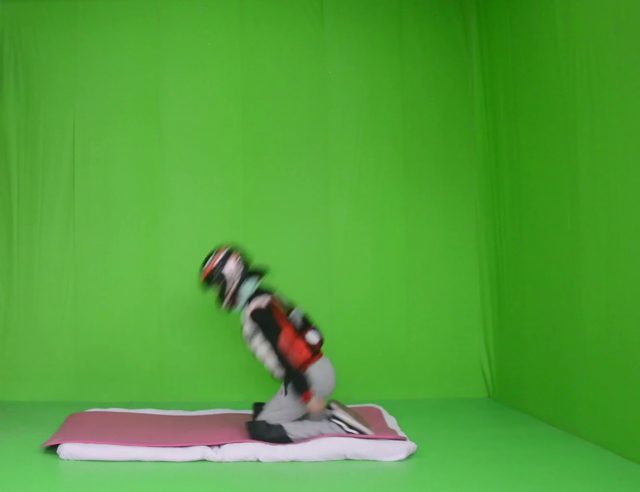
Poor Unfortunate Fools
by Silvia Park
Astra unwrapped her long spindly fingers and weighed his member with a chilling fascination.
Plastic 3: In another voice of plasticity at sea, Silvia Park toys with a scientific language/gaze directed at the sexual lives of mermaids.
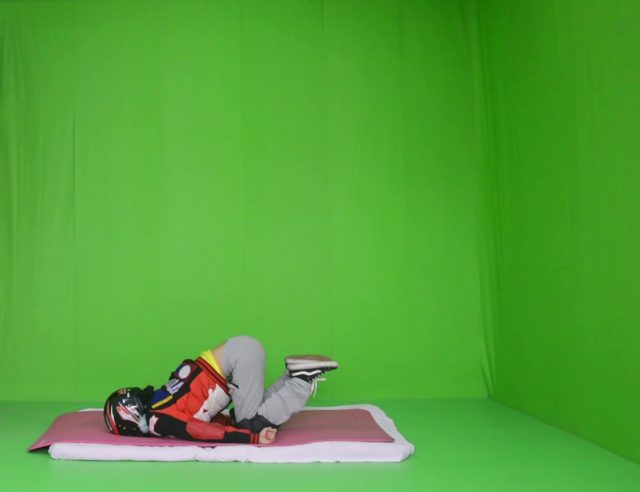
The Age of Plastic
by Craig Santos Perez
Ultrasound waves / pulse between fluid, tissue, and bone一 / the embryo echoes.
Plastic 4: Craig Santos Perez’s poem unsettles our human dependence on the nurturing and noxious material that is embedded in earliest forms of life.
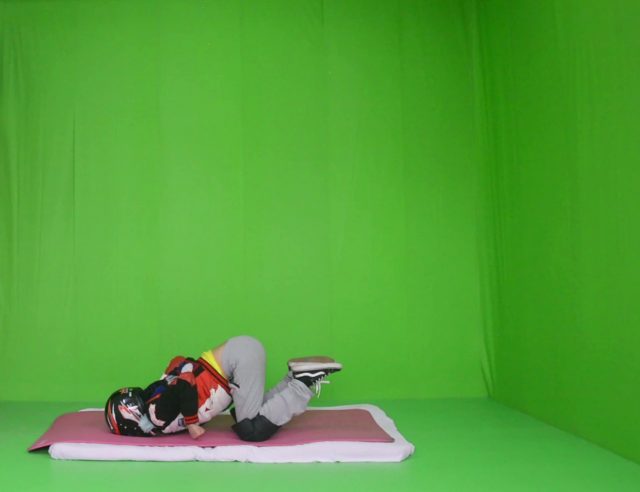
Playing with white dust from Mongolia, always unfinished
by Tse Hao Guang (謝皓光)
into such sen / sitivity of it / such sense / could not say
Plastic 5: Tse Hao Guang’s poem knits from the notes and images of Theresa Hak Kyung Cha’s unfinished film, shaping an aesthetics of brokenness as junction.
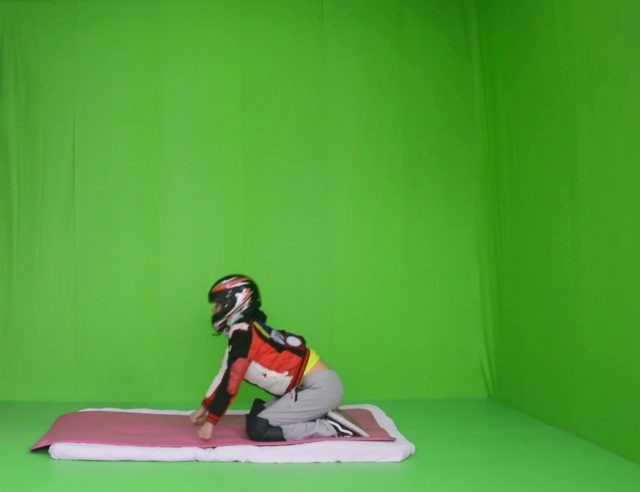
Careful, Mama Says
by Esumi Fujimoto
A two-minute stare-down with their father’s deathbed occurs. As though the thing will explain itself.
Plastic 6: Esumi Fujimoto’s fiction sways in the wake of a passing, in the cataloging of old and contemporary silences.
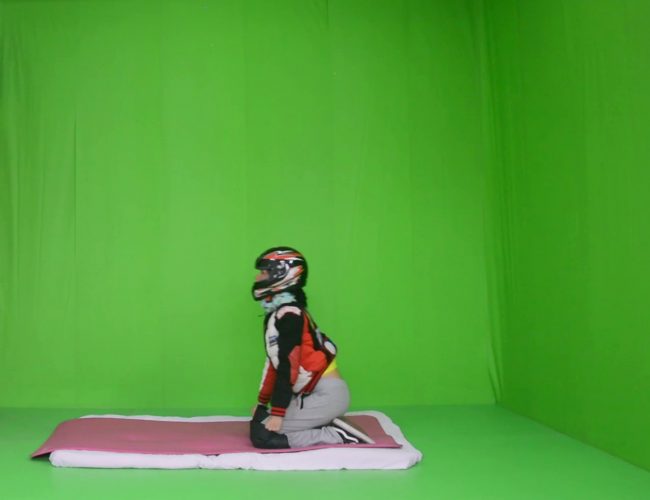
Seven White Rabbit Candies is Equivalent to One Cup of Milk
by Karen Gu
As soon as they touch your saliva, the filaments dissolve. Their structure can’t sustain the contact. The sweetness is the taste of collapse.
Plastic 7: Karen Gu’s fiction meditates on the contaminations of white, sweet, toxic nostalgia.

Two Poems
by Sawako Nakayasu
Taking advantage of opacity, Girl E goes for it and punches indiscriminately.
Plastic 8: Sawako Nakayasu’s poems map the logic of violence inside very small places.

shock-awareness
by Phan Bá Thọ
love you because i / hate your lovers loving your peripheral love
Plastic 9: In a corner of Vietnam’s trash poetics, Phan Bá Thọ’s poetry lingers around collecting street dust. With translation and introduction by Jack James Huynh.
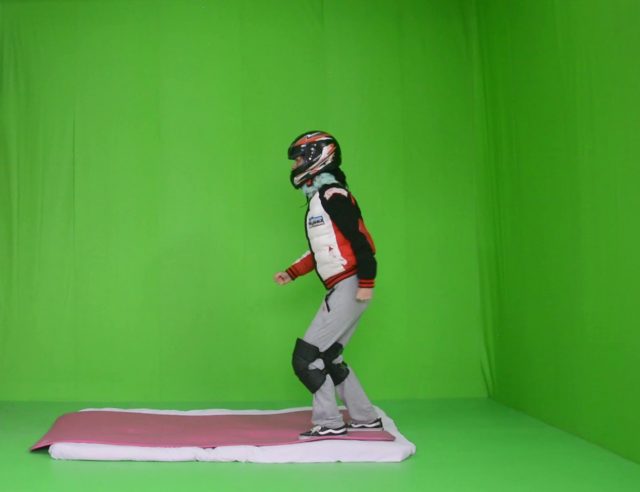
Overcoming the Nation
by Song Kyung-dong
Tonight, too, there are turning lines…/ I say I do not know, do not know.
Plastic 10: Spotlight on Korean activist poet Song Kyung-dong and the feeling of an oceanic asking. With translation by Brother Anthony of Taizé and followed by a brief discussion.

Intimacies of the Unseen
by Hwang Junegun
It wasn’t the kind of place you’d notice as a casual passer-by, but one you could only find if you were looking for it.
Plastic 11: Spotlight on Korean novelist Hwang Jungeun and an excerpt from her book, One Hundred Shadows, with translation by Jung Yewon and followed by a brief discussion.
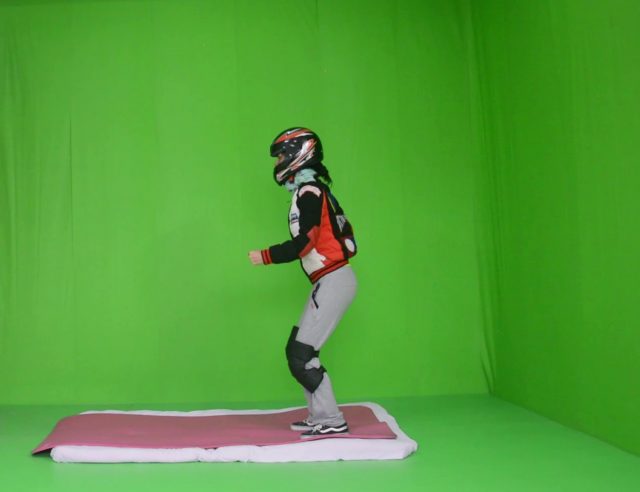
Remembering the Anonymous
by Xie Xiangnan and Bing Ma
This is a rectangular dream / which inevitably brings forth a rectangular waiting
Plastic 12: From Iron Moon, An Anthology of Chinese Migrant Worker Poetry, Qin Xiaoyu contextualizes the conditions of factory work backdropping the poetry of Xie Xiangnan and Bing Ma, with translation by Eleanor Goodman.
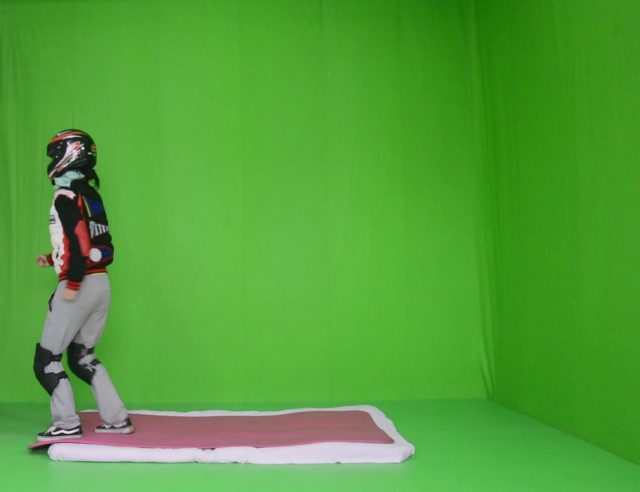
In the Hardware Factory
by Zheng Xiaoqiong
as I bear loneliness in the shrieks of iron, it carved / my residence registration on a hole-punch
Plastic 13: Concluding our Plastic folio is one long poem by Zheng Xiaoqiong, in translation by Eleanor Goodman. Bearing the relentlessness of production in its body, the poem endures.
